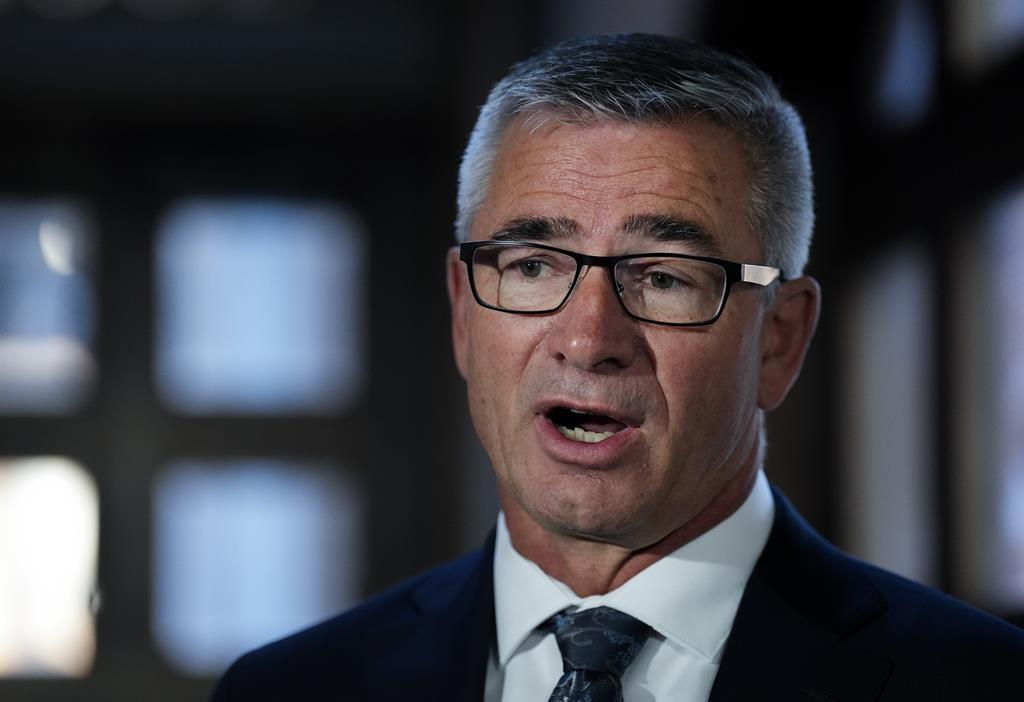The Alberta government expressed concern about the level of spending in the federal budget tabled Tuesday, which anticipates $43 billion in net new spending over six years, even as federal debt has hit an eyewatering $1.18 trillion.
President of the Alberta Treasury Board and Minister of Finance Travis Toews said the province was analyzing the federal budget closely to determine its impact on Alberta.





